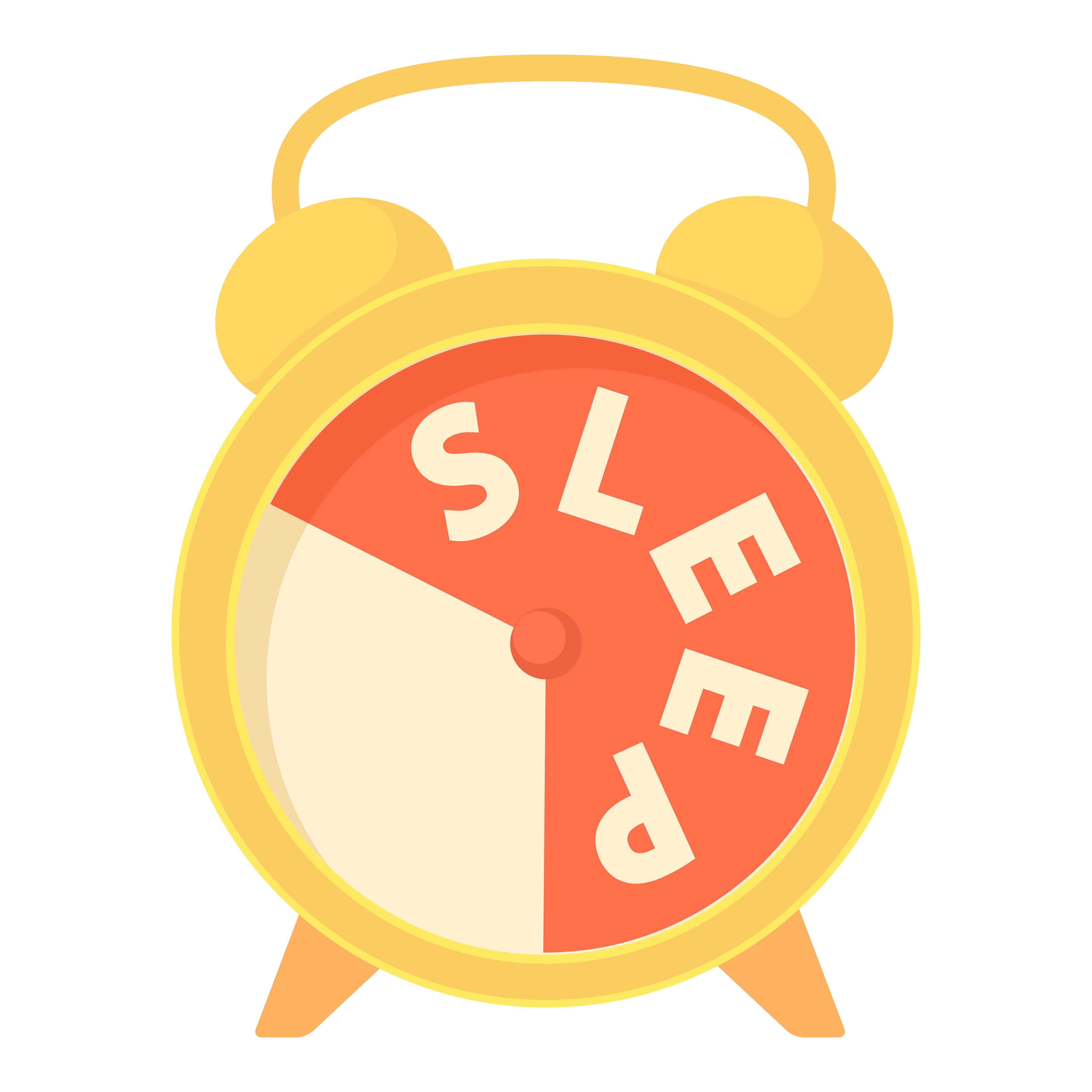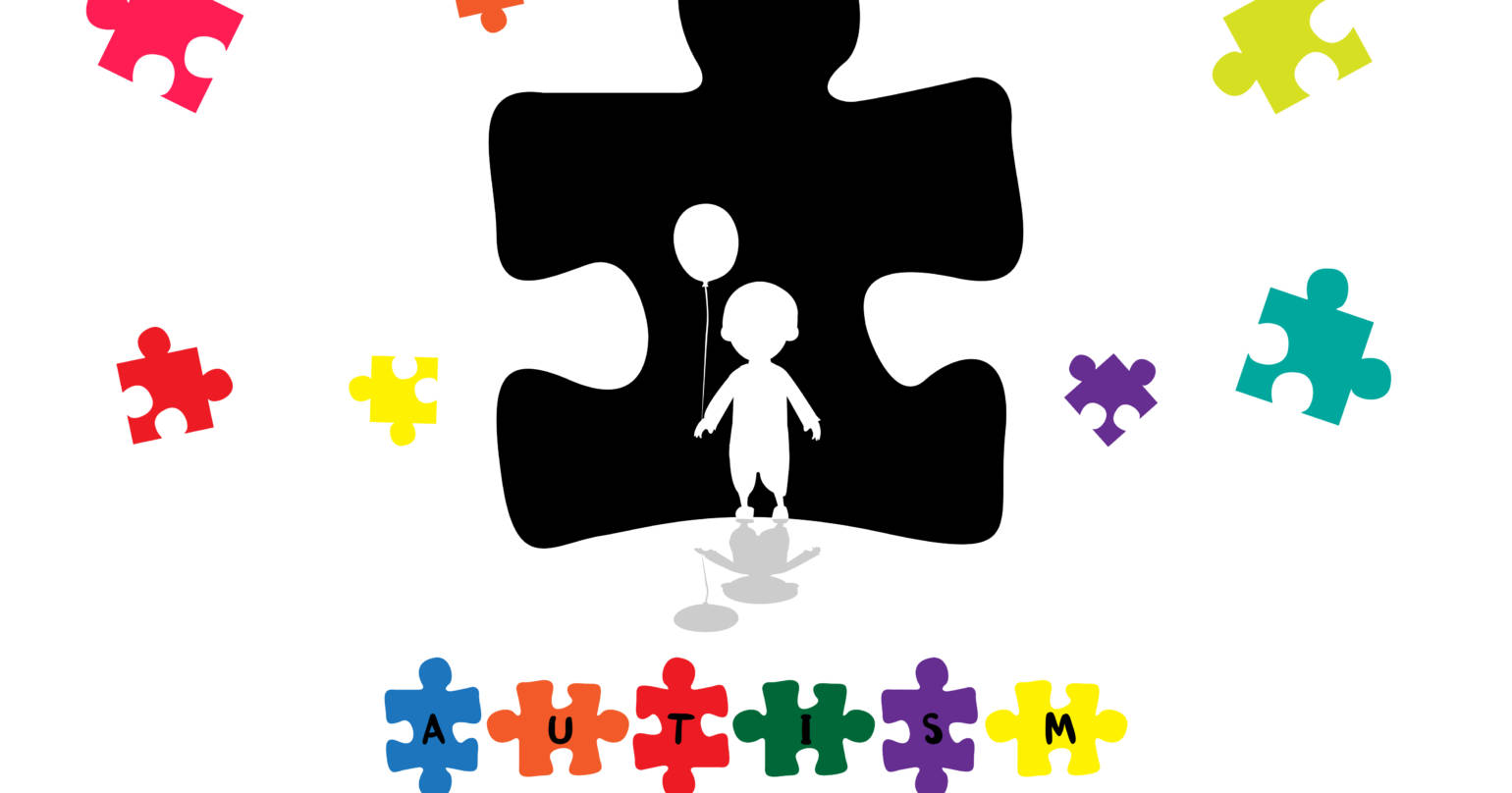If you have recently learnt that your child has autism spectrum disorder, you’re probably wondering and are anxious about what will you do next. As a parent, no one is prepared to hear that his or her child is anything other than absolutely healthy. Therefore, an ASD diagnosis can specifically be a frightening experience.
The diagnosis may have left you unsure and confused with regards to treatment. You may also be worried that nothing you do will ever make a difference as ASD is a lifelong condition.
The good news is you can do a lot to help your child overcome the challenges that come along with this condition. All you require is an intrinsic strength. Being emotionally strong helps you do the best for your child. This blog highlights the four most challenging autism behaviours. We bring you suggestions on how best to overcome these situations.
1. Sleep Disturbance

Sleep can be an immensely tough issue with autistic children. An extremely sensitive nervous system characterises autism. Even slight deviations in the routine can result in sleep disturbance.
- Show the child a picture of a clock depicting the time she needs to sleep. Tell her she needs to come to the room and rest when the room clock matches the one in the picture.
- Keep your child active during the day and ensure she gets sufficient exercise.
- Create a sensory environment that encourages sleep such as room darkening shades and weighted blankets. You can devise your strategies to make sleep more alluring.
- Avoid caffeine entirely and chocolates after 3 pm.
- If the child wakes up in the middle of the night, do not put on the TV or get him anything to eat. It is essential to teach their bodies that it’s still night time and that you will not commence the day activities just because he has woken up.
2. Food Sensitivity

Kids with autism are extremely poor eaters. They are picky and limited with food selection. This challenge calls for extensive trial and error. Expanding their food repertoire is a very gradual and sensitive process.
Special Educators suggest increasing their tolerance quotient. For autistic children, the challenge is not eating a new food but merely tolerating it on the table. At the next meal, they may tolerate it on their plate and then bear touching it. A gradual slow expansion will finally get them to explore the new taste.
A gentle, positive approach is a must. The child needs to transform her anxiety and fear around food into a sense of control.
3. Meltdowns

Meltdowns are bound to happen. The question is how to handle them and endeavour to minimise their occurrence. A meltdown is very different from a tantrum. With a tantrum, a child is mostly in control but desires to get his way. With a meltdown, the child gets so overwhelmed that she is no longer in control.
Don’t give in to meltdowns just because you are afraid to handle the situation. It is prudent to avoid the triggers but once it occurs, hold them, calm them, soothe them, and keep them safe until it passes and they recover completely.
4. Aggression

Aggression and self-injurious behaviour are everyday occurrences in children with autism. Such conduct is usually a consequence of sensory overload. The inability to communicate one’s needs leads to frustration. The situation can drastically improve if parents attempt to understand the basis of the behaviour. There is usually an official reason for it, and if you try, you can evaluate and figure it out.
Make random notes about your child’s behaviour and factors during the day. You will notice seasonal behaviour arcs. The day something goes wrong, the record will help you go back and track the reason. This strategy will also help you come up with positive solutions.
Handle self-injurious behaviour strictly. Move away and in a loud, clear voice say ‘Stop’ or ‘No’. Make it very clear to the child that such a practice is not acceptable to you.
Summary
Parenting is not an easy task. However, being a parent of an autistic child comes with its own set of challenges. Embrace your child’s uniqueness and be prepared to handle it with utmost sensitivity and care.


Add Comment